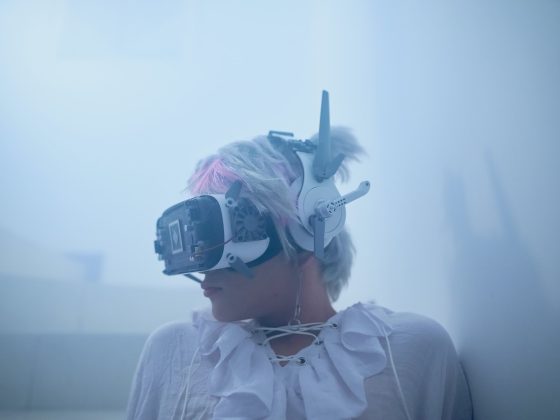A recent article on the global analytics and advice firm Gallup revealed that unhappiness is rising around the world.
According to the article, the situation “is concerning because unhappiness is now at a record high. …People feel more anger, sadness, pain, worry and stress than ever before.” While it admits that the pandemic contributed to the rise in unhappiness, the article also states that “In fact, unhappiness has been steadily climbing for a decade.” Studies show that happiness depends on social ties. Statistically, people with stronger and more numerous social connections feel happier, while introverts are more likely to report feeling unhappy.
The correlation between happiness and social connections points to a fundamental element in all of creation. In every part of reality, robustness, vitality, and evolution depend on the connections with the environment. Every change that happens anywhere in reality, happens because of some interaction with the environment. Even ostensibly negative connections, such as escaping from predators, accelerates evolution.
“The correlation between happiness and social connections points to a fundamental element in all of creation. In every part of reality, robustness, vitality, and evolution depend on the connections with the environment. Every change that happens anywhere in reality, happens because of some interaction with the environment. Even ostensibly negative connections, such as escaping from predators, accelerates evolution.”
What is true for all of nature, is just as true for our own body. Our body can sustain itself, nurse itself, protect itself from pathogens and pollutants, and keep itself healthy and strong only through the myriad connections between the cells and the organs. The diversity of these connections and their mutual support give the body its strength, resilience, and vitality.
The only place where these connections are broken and flawed is human society. All other communities and all other natural systems function harmoniously, and their parts complement and support one another. In our case, however, there is no mutual support and no complementarity. Our connections are exploitative and abusive, and our goals are not to improve our lives, but to make the lives of others worse.
“The only place where these connections are broken and flawed is human society. All other communities and all other natural systems function harmoniously, and their parts complement and support one another. In our case, however, there is no mutual support and no complementarity. Our connections are exploitative and abusive, and our goals are not to improve our lives, but to make the lives of others worse.”
Therefore, all the negative phenomena that the Gallup poll reported—the anger, sadness, pain, worry, and stress—stem from the corrupt and broken ties between us. The age of unhappiness that has begun is our own making. If we change how we relate to one another, we will emerge from it into an era where everything we currently perceive as negative will be inverted into its positive opposite.
The negative relations that currently prevail in society will become the substrate of a society that insists on closeness and mutual concern, as it knows the price of carelessness and alienation. The age of unhappiness can become a trigger for an age of true enlightenment, of knowledge of nature and of learning from it how to correct human nature and make life good for all of humanity. Alternatively, if we choose inaction, the widespread unhappiness can continue to escalate and become an age of unprecedented misery.











